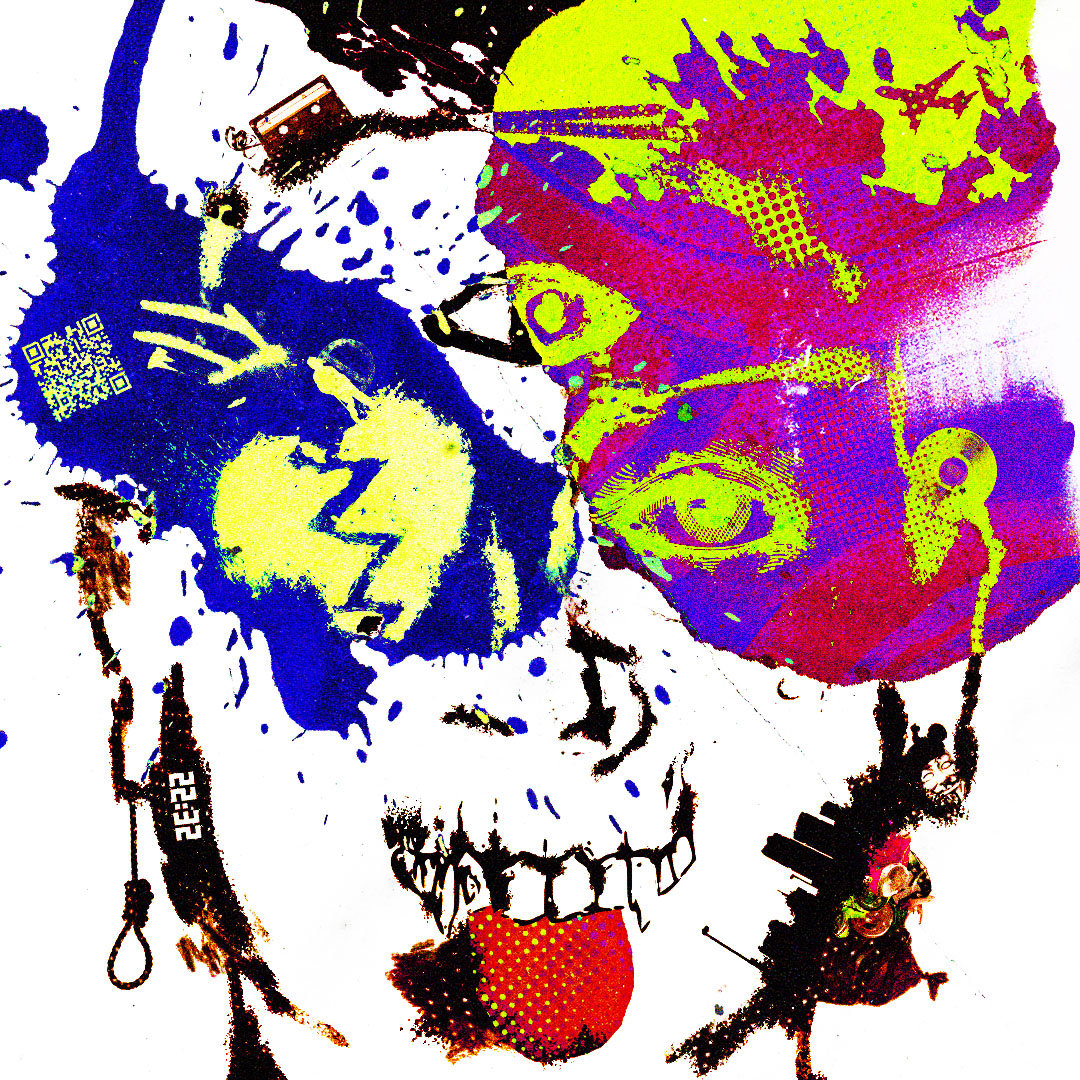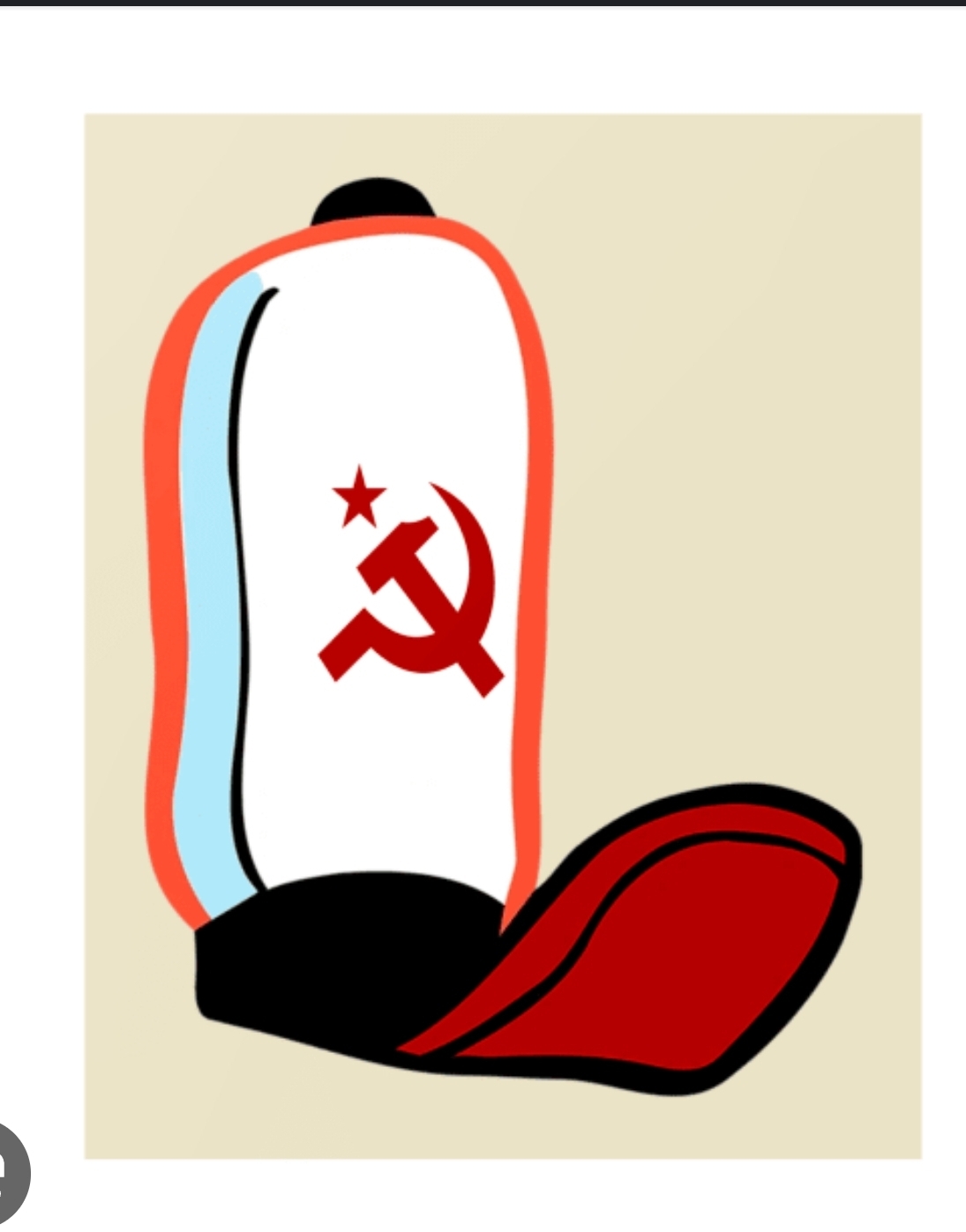I know what liberalism is. But the first time I encountered that it is used so often was when I looked into English-speaking social media sites like Reddit two years ago.
Spoiler
It is not common to know about reddit here, I live in Bratwurstland. I just wanted to join the pigeon subreddit back then.
Bourgeois, bourgeois class consciousness, bourgeois thinking, bourgeois revolution, etc. The same with petty bourgeoisie etc. etc.
I have the complete collected works of Lenin physically available in german. I have the most important writings of Marx and Engels with me, as well as Tito, Thälmann, Karl Liebknecht, Stalin, Trotsky, Plekhanov, even Lykassenko and some more. (I dont just buy writings I like, but also writing I dont like)
Liberalism didn’t come up that often, only when it was actually about liberalism. But the way liberals are often referred to on English-language social media sites, including here, is a bit strange to me.
Idk about other languages that much. I also didn’t encountered this kind of usage of liberal in the russian version of Lenin’s writings. Bourgeois, bourgeois class consciousness, bourgeois thinking, bourgeois revolution, etc. The same with petty bourgeoisie etc. etc.
Maybe there some here who know what I am talking about and can explain it to me.
Edit: Why did Voyager destroyed my formattig many times
Edit2: Thank you all for your engagement. You helped me a lot how to understand it more correctly if I read it from someone using english language .
Perhaps the difference is just that the term liberal has more historical relevance in English-speaking countries. The specific ideology was invented by British and French thinkers, especially influencing the leaders of the American Revolution.
On common usage, liberal is associated with the view that “liberal” political parties promote live and let live social morals, whereas in political and economic usage it has a real definition of someone who is in favor of laissez faire free markets under capitalism, without government intervention.
Is this true in the non-English-speaking world?
Mao wrote the notorious “Combating Liberalism” essay, but I don’t speak Chinese, so I can’t verify how direct that translation is. It is possible that the original text referred more generically to bourgeois ideology, and not specifically the classical liberal movement in western Europe.
The poster is confused why the term liberal is used so often in English Marxist contexts, so it seems plausible that non-English Marxists do not often refer specifically to liberalism.
It is possible that the original text referred more generically to bourgeois ideology
Would there be much of a difference in the modern world? Liberalism is the successful form of bourgeois society. All those medieval burghers and small producers may have been bourgeois but they weren’t really liberal. Today you only really have the liberal kind of bourgeois, unless we’re splitting hairs about modern fascists.
Would there be much of a difference in the modern world?
At least regarding the languages you speak it makes a difference. I swear, that the usage of “liberal” is nothing I find very often in marxist discussions or writings in german. Otherwise I would not ask this questions, which also got already answered.
In german this writing from Mao is translated as “Gegen den Liberalismus”, created in the late 30s. Few years ago Thälmann still almost always mentuoned bourgeois, but not liberal that much. This where my question came from. Simply using now “liberal” probably makes sense in the english speaking world. But at least where I live it is not common to use it in that way.
Correct, there is not much of a difference. It is a question of translation. A translation into English may opt to use the word “liberal” in certain places because of the precise connotations of that word to an English-speaking audience. In other languages they may opt to translate the concept of bourgeois/liberal ideology into a word that does not specifically refer to the classical liberal movement.
Liberal, to me, is anyone who supports any part of pro-capitalist ideology and goals, whether it be
-
settler-colonialism/right-libertarianism (America’s process to becoming such country)
-
neoliberalism/IMF structural adjustment of exploitative debt and cuts of social spending, privatization (post-cold war economic policy)
-
pro-west regime-change NGOs, gulf-state-esque collaborators, and comprador nation-states (post-cold war foreign policy)
Liberals change and flow, by their material conditions and situation… in fact, libs only occurred as a result of bourgeois (bourgeois now is a historical term to me) classes trying to justify themselves as a whole…
Eg. One liberal in rev. France may support beheading monarchies, while a whig lib or Kerenskyist lib in the U.K or Russia may support the Royalty itself
bourgeois now is a historical term to me
Idk, bourgeois or translated as “bürgerlich” here is an normal word, nothing historical at all and is still used in marxist discussions. It would be very strange if I start referring to something as “liberal”. If a local comrade says, that the SPD is a bourgeois (bürgerliche) party, I understand it instantly. But liberal would be odd.
Have you ever tried asking the average person if they’ve heard of bourgeoisie… chances are, they’d think you’re a Marxist or someone old-fashioned in their speech…
Liberal and capitalist, in my personal opinion, are more exact descriptions of what we have, as an apologist and economic class… in the Anglophone world…
tidbit
“bourgeois”, to me, has a connotation of the precursor of the capitalist class, being little smol beans living in towns (burghs), during medieval times… literally as a ‘middle’ class
They obviously don’t carry this title anymore, do they
I already explained it. The german writings of Marx mention something as “bourgeois” by the word “bürgerlich”. It is a total normal german word, it is widley used, like in political context not only in marxist spheres. Look here
Liberal and capitalist, in my personal opinion, are more exact descriptions of what we have, as an apologist and economic class… in the Anglophone world…
Also if you are discussing the character of fascist Germany, do you say then something like:“Fascist Germany was liberal in its core but different in the outside compared to the USA”?
“bourgeois”, to me, has a connotation of the precursor of the capitalist class, being little smol beans living in towns (burghs), during medieval times… literally as a ‘middle’ class
They obviously don’t carry this title anymore, do they
Hmm, not for me tbh. They have precursors ideend. But my understand is mostly like that of Marx and Engels:
By bourgeosie is meant the class of modern capitalists, owners of the means of social production and employers of wage labour.
Funfact I learned now: Bobo is listened as an abbreviation for bourgeoisie on Wiktionary. I will remember this. Gulagtime for the Bobo.
I stand corrected…
Seems like burgerlich is used to describe center right: non socialists in Germany
Also, Bobo, in my language, is used to describe someone stupid, lmao
chances are, they’d think you’re a Marxist or someone old-fashioned in their speech…
This isn’t a good thing; it’s a result of a concerted effort to make people think Marxism is old and irrelevant.
I really dislike the notion that we should stop using the term ‘bourgeoisie’ just because of the pop notion that it’s an outdated word and that nobody knows how to spell it.
Yes, the English language is constantly evolving and terms fall out of use, but as they do so the language doesn’t just reflect the dominant thought patterns but reinforces them. English has a high chance to remain the most popular global lingua franca even after Western hegemony falls, and the evolution of the language will remain a battle ground.
There is slow progress in people learning that liberalism means liberty for markets and not for people, but most people still think it means liberation of individuals, genders and minorities. The fastest way to ‘liberate’ someone from that error is to get them understanding the class conflict, and the term ‘bourgeoisie’ is still relevant to that.
-
I think meanings of words just change. Liberal 100 years ago is different from a liberal today, so usually when we say liberal, we probably mean neoliberal. Is it academically correct? No, but it’s an internet forum, we don’t need to use as precise language as possible.
But don’t take my word for it. I could be completely wrong and there might be another reason.
Yes, meaning of words change. But I live in a place, where liberal is mostly used if it is meant as it is by definition.
I personally think that the usage of words in the context of marxist discussions has be correct, if it is of course one. But even the in english speaking spheres it is almost all about liberal here and there. And this is what confuses me, because I can’t understand it well. I only encounter it in english speaking social media.
The most stupid think that immigrated to the political language ductus in Germany is “tanky” btw.
Liberal can be a synonym for bourgeois. But maybe it’s like this:
- all liberal societies, etc, are bourgeois
- not all bourgeois societies/arrangements are liberal
- liberalism is the dominant bourgeois form
- in particular, US (neo)liberalism is the dominant bourgeois form
- people in the US use liberal to refer to ‘left-wing’ bourgeois politics and political parties
- the US has no reason to distinguish liberalism from other political economies or ideologies because bourgeois liberalism is presented as the only option (and bourgeois seem to believe that capitalism is the only option without any question)
- the English-speaking internet is dominated by US platforms, media, and people
- English speakers mostly hear the US usage, meaning the US usage is common
Your English is good, btw. It’s definitely good enough to explain what you mean about liberal/bourgeois. The fact that you have been misunderstood is not because of your English. I think it is because of the exact problem that you have identified—the confusion between liberal/bourgeois.
-
all liberal societies, etc, are bourgeois
-
not all bourgeois societies/arrangements are liberal
-
liberalism is the dominant bourgeois form
I totally agree with this! This is how I understood it.
-
the US has no reason to distinguish liberalism from other political economies or ideologies because bourgeois liberalism is presented as the only option (and bourgeois seem to believe that capitalism is the only option without any question)
-
the English-speaking internet is dominated by US platforms, media, and people
-
English speakers mostly hear the US usage, meaning the US usage is common
I understood it now. First time I encountered the SLS subreddit I was kind of confused. Like, why are things labeled as liberal, when a party or country is not liberal. But how you explained it, it makes sense.
Your English is good, btw. It’s definitely good enough to explain what you mean about liberal/bourgeois. The fact that you have been misunderstood is not because of your English. I think it is because of the exact problem that you have identified—the confusion between liberal/bourgeois.
Thank you for your compliment. I understand it now better thanks to you all. Great to have a place to ask questions and receive friendly answers!
-
Would ‘liberal’ not be the umbrella term for all other types of liberalism? That would make it accurate to refer to a neoliberal as a liberal.
It means everyone except me
Liberalism is the ideology of capitalism. Bourgeoise is the capitalist class
I’d also use bourgeois to refer to the ideology of capitalism. Whereas I agree that bourgeoisie would refer to the capitalist class.
Maybe I formulated my question not good enough and should stick more to DeepL.
I asked, why in english social media, especially in marxist places, people talk about liberals and I also explained why it sounds odd to me if I translate it into the language I mostly use - and english is not part of it. Also I told which word is used instead. So can I just translate “liberal party” to “bourgeois party” aka “bürgerliche Partei” like it would be said here and back?
Liberalism is the ideology of capitalism as in the freedom of ownership. But in the U.S. the term is bastardized to mean left wing capitalism like rainbow flag capitalism.
I feel most of the reason as to why it’s used is due to english speakers actually knowing how to pronounce it, compared to bourgeoisie. Also saying bourgeoisie basically outs you as a marxist right away, while liberal has some leeway in its use.
Tbh, bourgeois as the frech word itself I only use if I speak russian, there is no alternative. Soeaking german I use the word which was and it is still used.
The bourgeois society used by Marx as “bürgerliche Gesellschaft” has the same correctness today and is widely used. “Bürgerliche Partei” - bourgeois party - and “Liberalle Partei” - liberal party, have different meaning and are used in its different meaning by marxists and also non-marxists.
I remember when a local newspaper wrote an article with the headline translated:“The abyss of a bourgeois marriage”, and in the comments people were hurt why especially “bourgeois marriage” lol.
Important for me is just to know how to handle these words in english. Liberal = bourgeois here? If I say that something is bourgeois, am I understood than? Or do I need to name it liberal?
The outing thing is important, you are right.
I personally feel that liberal is reserved mostly for the cultural groupthink that you see from the likes of democrat voters for example. If I were to read an essay or any text trying to be a bit more serious, I feel bourgeois is the more accurate word. Specially since this groupthink is just what the bourgeoisie hammers into people’s heads from a young age.
Ahhh, I think I start to understand! Thank you, you helped me alot! I was just confused, because I first encountered this kind of usage of this word when I started to engage more in english speaking spheres, to learn better english. But now it all makes more sense.










